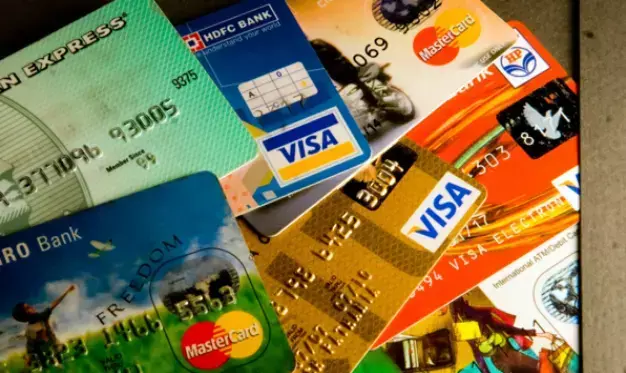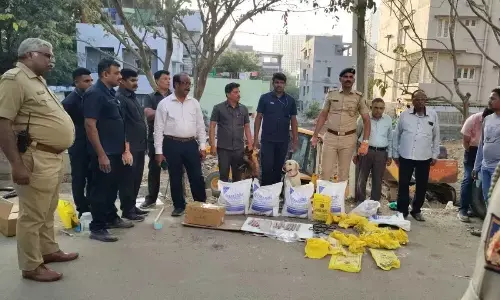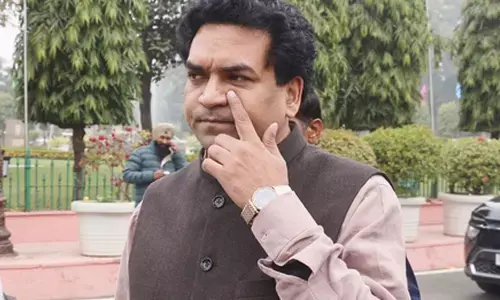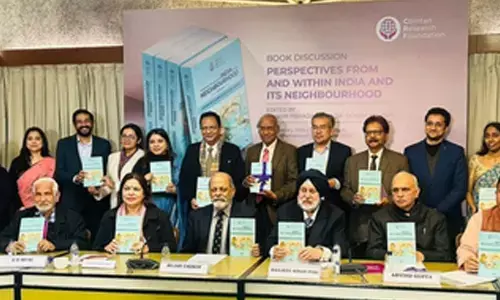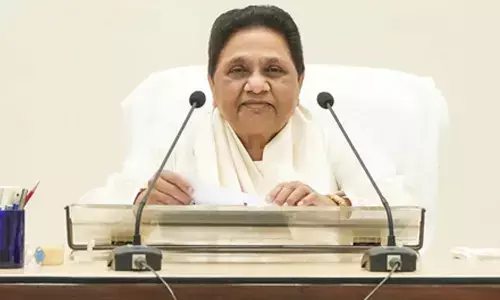Indian coffee in demand as it's the tastiest
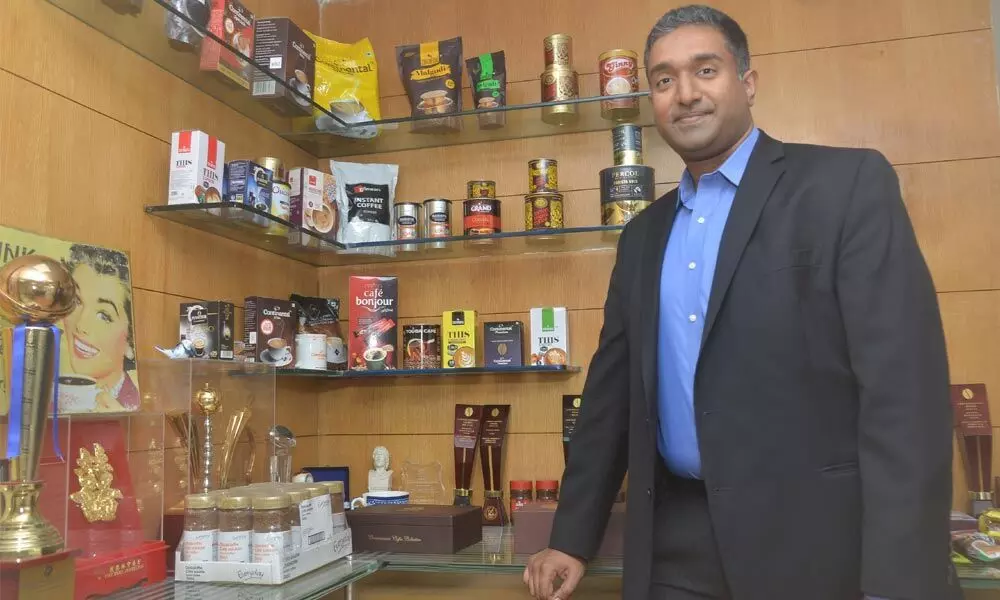
Indian coffee in demand as it’s the tastiest
Hyd-based CCL’s MD says Indian coffee market poised for a higher growth trajectory in coming years
HAS the Covid crisis impacted your business adversely or did it lead to increase in sales?
We have both positive and negative takeaways from the Covid crisis. We export coffee to over 90 countries. Our clients could not import our products into some countries due to Covid-induced lockdowns. Though they placed more orders in the anticipation of Covid restrictions, they could not take delivery. So, they postponed their orders. On the positive side, we saw an increased demand for our products in India as there was not enough supply of other brands. That way, Covid crisis provided a big opportunity for us to grow our sales in the Indian market. We set a target of Rs 120-130 crore top line from the Indian market for the current financial year. But we are going to end up with Rs 140-150 crore.
CCL Products (India) exports over 90 per cent of its production. Are you looking at any new global markets now?
We export over 1,000 varieties of finished coffee products. We are the only company in the world that has that many different products. We do keep expanding our market reach every year. We are looking at adding three to four countries from Latin America this year. Ecuador, Brazil and Chile are on our radar now.
You launched your products in India two years ago. How is your Indian business doing now?
Our overall turnover currently stands at about Rs 1,200 crore and we are aiming at a top line of Rs 2,000 crore a few years down the line. As I mentioned earlier, the Indian market accounts for about 11 per cent of that. We expect India's contribution to increase. We turned aggressive on the Indian market just two years ago. Prior to that, we focused only on exports and were supplying in bulk to others globally. Further, we couldn't create and focus on our own brand as we were operating at full capacity to meet the demand from bulk customers. But we expanded our capacity and then launched our own brand, Continental Coffee. We started in a small way in Hyderabad and gradually expanded to other cities and States in India.
Do you have any plans to expand manufacturing capacity in the existing plants or setting up new units?
Our company has two plants in Andhra Pradesh. Our annual production capacity of instant coffee in India is 25,000 tonnes. Way back in 1995, we started our operations by setting up a 3,000-tonne plant at Duggirala near Vijayawada. We gradually expanded the capacity at the Duggirala plant to 20,000 tonnes. Recently, we set up a second plant in India in Chittoor district. We invested Rs 300 crore on the new plant which has a capacity of 5,000 tonnes. Besides, we have a 13,500-tonne plant in Vietnam, which takes our total global production capacity to 38,500 tonnes. Furthermore, we operate an agglomeration unit in Switzerland where we convert coffee powder into granules, pack and sell it. We are in the process of expanding our capacities further to meet the increasing demand.
How is the coffee industry doing in India and globally?
Globally, the coffee market has consistently been growing at 2.5 to 3 per cent, year-on-year. But the growth is much faster in India. The Indian coffee market is growing at 10-15 per cent annually. High growth in India is due to low base as our coffee market is smaller compared to the rest of the world. We are expecting the market to see incremental growth as coffee consumption is on the rise in India. During the Covid period, the in-house consumption of coffee went up substantially across the world as coffee shops and hotels were closed. Though there was some fall in the out-of-home consumption, the increase in in-house consumption stabilised the overall demand. That way, the coffee market withstood the test of the Covid pandemic. Before Covid, in-home consumption accounted for 70 per cent. This increased to around 90 per cent during the Covid crisis.
Where do you see the Indian coffee market going in the next decade?
India is still a tea-drinking country. So, coffee is a niche product here. Consumption in India is also small. The US consumes 80,000 tonnes of instant coffee annually. Europe is in the similar range. Even Japan consumes 35,000 tonnes a year. India, though home to 1.3 billion people, consumes just around 15,000 tonnes annually. India stands at a low 20th place in the list of coffee consuming countries. However, we do see a definite increase in the consumption pattern of coffee in India. The current volume growth level of 10-15 per cent will continue in the coming years. So, the Indian coffee market is poised for a higher growth trajectory in the coming years.
Why do you expect higher growth rates in the Indian market?
In India, tea is available for Rs 5 to 10 a cup. But coffee is expensive. Even a street side vendor sells coffee at Rs 15. It is a common practice in India that coffee is invariably priced higher than tea. As Indians are price sensitive, they opt for tea. But there is a growing tendency to drink more coffee now. As a leading Indian coffee company, we are also trying to popularise coffee by making coffee more affordable. That's why we started offering good quality coffee products at affordable prices here. Furthermore, coffee consumption is more in South India as people here know how to make filter coffee. That's not the case in North India. So, we are pushing our instant coffee products there.
How is the tax structure for this sector? Does this sector need any support from the government?
There is no GST on green coffee. However, instant coffee attracts 18 per cent GST. So is the tea. We don't see the tax coming further down. As far as the government support is concerned, we believe that market forces will take care of the market growth in India. Coffee is one such industry that has grown without any government's intervention globally. It will be the same in India as well.
Where do you source the raw material?
We source coffee from around the world. We buy from Vietnam, Indonesia, Columbia, Ivory Coast and Ethiopia. For the Indian market, we have to buy from India only as there is a 100 per cent import duty on coffee. We procure 1,20,000 tonnes of green coffee annually. Of this, India accounts for only 10,000 tonnes and the rest is from other countries.
How is the cultivation of coffee beans in India?
India is the fifth largest grower of green coffee. Our farmers cultivate both Arabica and Robusta varieties. Robusta accounts for 70 per cent, while Arabica makes up the rest. That's not the case with other countries. For instance, Brazil cultivates the Arabica variety predominantly. While Arabica accounts for 70 per cent cultivation in that country, Robusta makes up the remaining 30 per cent. That way, India is very unique. Moreover, we are now the second largest manufacturer of instant coffee in the world after Brazil. Vietnam is expanding its instant coffee manufacturing base at a faster pace. It may overtake us in a couple of years.
There are some coffee plantations in Andhra Pradesh, especially in Araku area. Are you sourcing from there?
We do source from Araku area. Globally, there is very high demand for the Indian coffee as it's the tastiest in the world. That's the reason why the Indian coffee products are sold at 20 per cent higher premium compared to similar products from other countries. We supply for French supermarkets. They did a blind test of all coffee varieties and our Indian coffee came first. It is a known fact around the world that Indian coffee is the best. India is the only country that produces shade-grown coffee. Here, coffee is grown under forest cover and trees. That's the reason why the Indian coffee is the tastiest in the world.Though there is a high demand for the Indian coffee varieties, there is not much supply.








